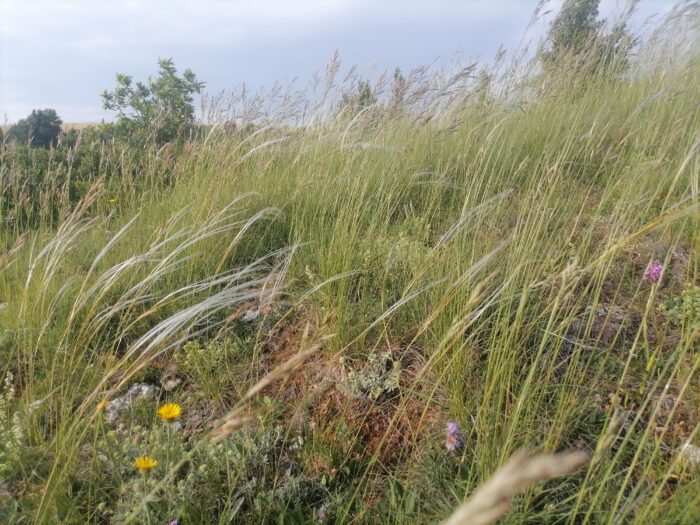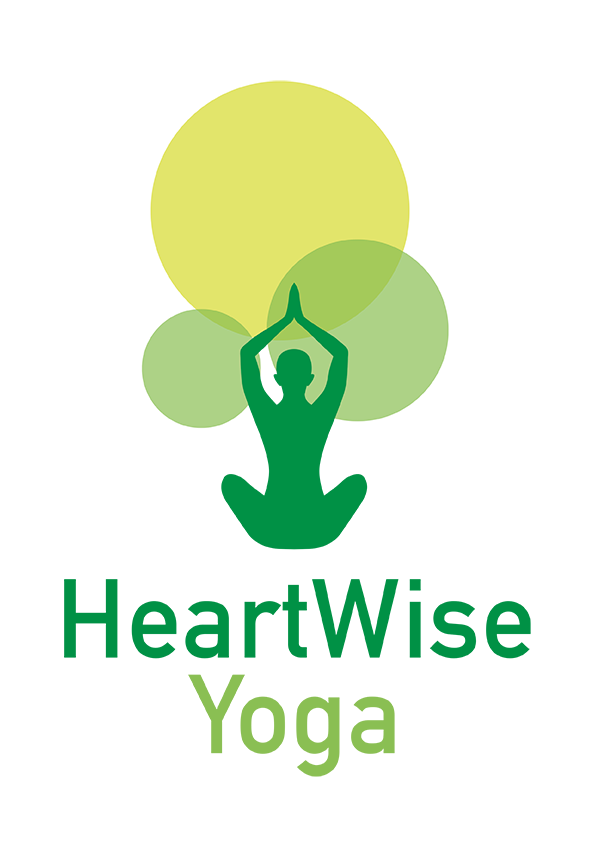I hope this note finds you well and ready for summer. We just passed solstice on June 21st and, with it, the moment where summer officially starts and when daylight starts decreasing again… This is a time that is inviting us to hold a paradox: on the one hand, opening to the fullness of the warmest time of the year while, on the other hand, stepping slowly towards the darkest time of the year.
Yoga is all about holding apparent opposites, and even seeing them as complementary instead. Many yogic symbols, such as the sound “AUM” or the dance of Shiva, “Shiva Nataraja,” or even the teachings of the Buddha, teach us just that: Life is only possible because it is subject to the cycle of impermanence, which implies birth, sustenance, and death at various levels, and thus a journey through everything and its contrary, joy and sorrow, lightness and darkness, etc.
Put differently, whatever we experience in life is to be felt, opened to, and enjoyed in the moment because it will not last. Each experience is to be seen as a part of the greatest patchwork of the universe; the cosmic dance of the universe that Shiva has decided to surrender to and even find ecstasy into!
Why do we, including myself, spend most of our life unconsciously denying such truth? Short answer, resistance.
“What we resist, (not only) persists,” as the saying goes, but resistance also cuts us away from the full experience that is taking place. An experience is not always pleasant, yet it is something we can choose to meet and fully embrace by staying in the present moment.
Two weeks ago, I attended a weekend yoga retreat. It took place in Auvergne (roughly in the center of France), all in French and was mainly physically- (read handstand-!) focused. As some of you know, I have lived abroad for nearly half my life, only taught and trained in Danish or English, and always liked to relate the physical to the more spiritual aspect of yoga. Interestingly, this retreat helped me re-integrate parts of me that I had neglected (such as my native roots, tongue and handstand practice!) and in this way, make apparent opposites complementary.
One morning, as I sat down in the garden to meditate, I was internally in conflict around what method or practice to use. I often I like to mix two or three different ones to vary my meditation experience. Diversity in meditation can be nice and beneficial; yet at the same time, searching for more variety than necessary can also be a distraction to the mind.
As I sat there and became aware of this inner struggle, suddenly, this sentence popped up: “Nothing is missing.” Practically, a voice in me told me to pick just one technique and stay with it. One was enough; no need to complicate things. As I did, I started feeling a subtle, but powerful physical release. As I was repeating this sentence like a mantra, my tissues began to relax more deeply, my weight to surrender into the ground more clearly, and my mind to quiet more significantly.
I am not sure who said this: “the way you practice is the way you live your life.” I must admit that my curiosity and taste for diversity, although helpful qualities at times, can make me complicate life unnecessarily sometimes. As the right medicine for me, “nothing is missing” is not to be understood as a simple guide to be more grateful and satisfied with whatever might be or refuse any change that might be calling me. Rather, I see it as an invitation to keep things simple and remember the principle of Santosha, or the feeling of contentment which yogis advocate for and naturally emerges when one practices committedly. Nothing is missing, like Santosha, is then an attitude and a state of mind rather than an inventory of the concrete objects in life.
If it resonates with you, you can explore and experience Nothing is missing and Santosha by contemplating what can be simplified in your life right now:
“What can I make simpler? Where can more simplicity become a strength and a relief?”
It can be as simple as sorting one of your drawers, going for a walk by yourself with no device, or look at your usual week and clear up unnecessary or superficial activities.
Another way can be to ask yourself: “What do I feel is actually missing?” Write down or discuss with a trusted one what comes up and let yourself fully acknowledge the emotional experience, so you can start un-resist and dissolve what is in the way… to the deeper understanding that, ultimately, nothing is missing—in your own way.
I hope this is helpful, and let me know how it lands if you try it out…
Take good care.
Cédric

